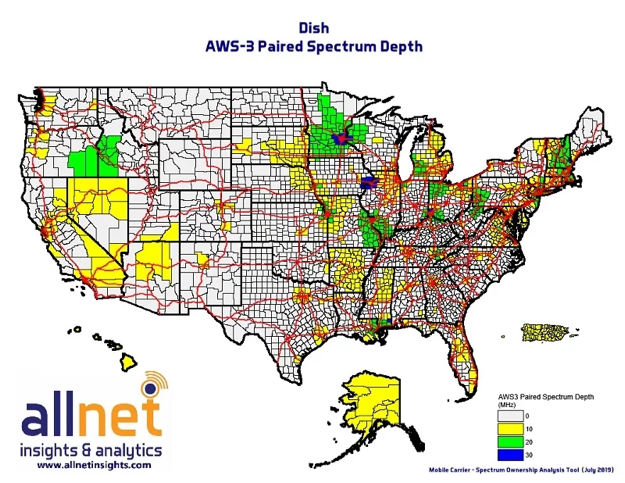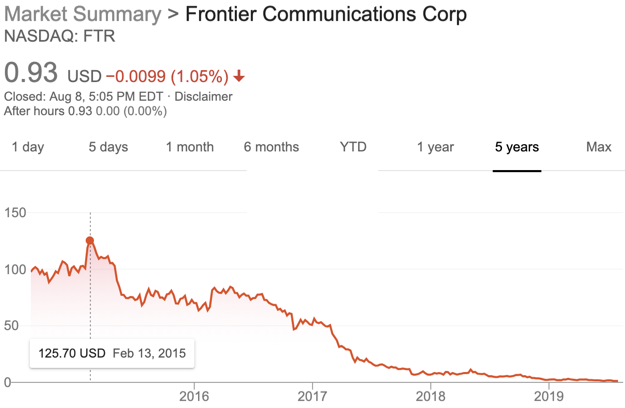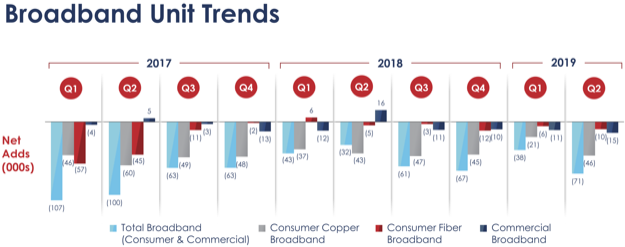DISH has spectrum for urban people and rural land, but maybe not for rural Californians
Analysis done by Allnet Insights & Analytics for FierceWireless raises doubts about whether the settlement reached by the federal justice department with T-Mobile, Sprint and their new partner, DISH, will make a meaningful difference in rural California. The question is whether DISH has enough of the right kind of spectrum to offer the same kind of fast, high capacity broadband service it might in urban areas to California’s particular kind of rural communities.
The analysis and accompanying maps, as presented in an excellent article by Monics Alleven, “suggest DISH owns a lot of spectrum”.… More







![habanera [CC0], via Wikimedia Commons Tango](https://www.tellusventure.com/images/2019/tango.jpg)


